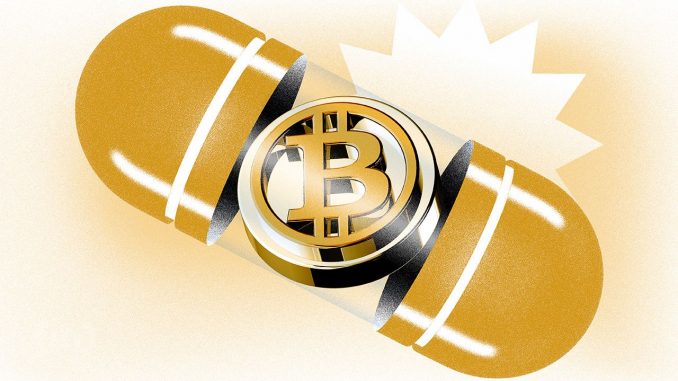
The combined value of gold and Bitcoin is approaching a historic level relative to the US M2 money supply.
A top market analyst now suggests the upside potential for using these assets as hedges against dollar devaluation and inflation may be nearing its limit. Jurrien Timmer, Director of Global Macro at Fidelity, shared his analysis on X (formerly Twitter) on Friday.
The End of the Easy Run?
Because of their limited supply, gold and Bitcoin are widely regarded as premier inflation hedges. Data from CoinGecko shows both assets have rallied strongly this year—gold is up 54.83%, while Bitcoin has gained 12.98%.
Sponsored
Sponsored
However, Timmer argues that this rally may be approaching its ceiling. He draws a comparison between current market conditions and those seen during the high-inflation peak of 1980.
Comparing Value Against US M2
Timmer’s analysis aggregates the inflation-adjusted market value of gold and Bitcoin, then compares the total to the US M2 money supply—a broad measure of money in circulation.
Historically, sharp expansions in M2 (monetary inflation) have coincided with significant rises in the value of hard assets like gold. According to Timmer, both gold and Bitcoin act as key forms of “hard money,” offering protection against currency debasement.
The Historical Ceiling
Timmer highlights two notable moments in the past century when inflation caused gold’s value to surge—1933 and 1980. During those peaks, gold’s total market value reached 123% and 140% of the US M2 money supply, respectively.
Today, the combined value of gold and Bitcoin is about $29 trillion, equivalent to 133% of the M2 money supply. That figure surpasses the 1933 peak and sits just below the 1980 high.
Timmer called this valuation a “critical point” to consider following gold’s recent aggressive rally.
“One reason to contemplate ringing the golden bell is that if gold is a play on US fiscal dominance, one could argue that the run is now complete,” he concluded.
This suggests that the massive rallies in gold and Bitcoin—largely driven by concerns over monetary expansion—may be running out of steam. While both assets remain structurally sound as long-term hedges, Timmer warns that the “easy returns” fueled by inflation fears may already have been realized.





Be the first to comment